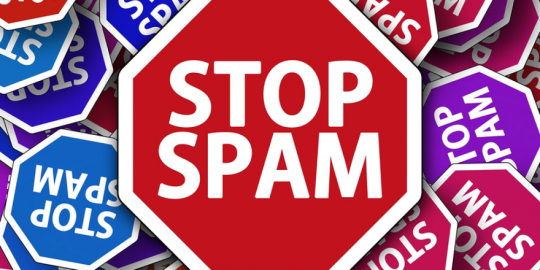
Microsoft, Twitter, and Alphabet-owned Meta on June 16 agreed on a common policy aimed at combating misinformation on the Internet, which includes fake accounts and deep fakes. These measures were a forced step in response to tougher rules from the EU, which require active cooperation and promise severe penalties in case of non-compliance with specified criteria. It became known that more than 30 signatories and advertising agencies approved a new set of rules.
All signatories of this agreement commit themselves to make even greater efforts to combat political advertising, fake accounts, and deep fakes. Violation of the agreement will result in very large fines, which can reach up to 6% of the company's total turnover, according to information from Reuters.
Half a year is given for the introduction of new rules in companies, after which a detailed report on the work done must be submitted. On Thursday, the European Commission should adopt the new rules. So, the voluntary initiative of 2018 will become a full-fledged system for regulating the online space, and responsibility will be controlled by all parties to the agreement.
The new code contains a detailed description with examples of the types of disinformation so that all participants clearly understand the goals and objectives that are set for them. A separate emphasis is placed on deepfakes since they are often used in the political arena and can effectively manipulate the opinions of Internet users.
What types of online misinformation do you think are the most harmful? Have you come across deepfake technology? Please share your opinion in the comments.
Leave a comment
Your comment is awaiting moderation. We save your draft here
0 Comments